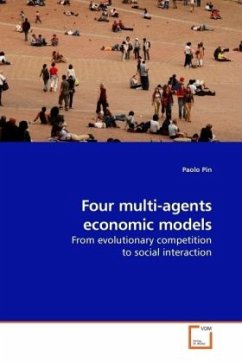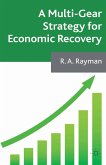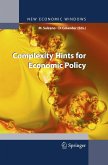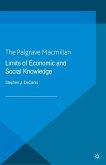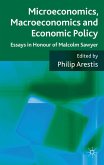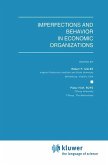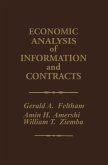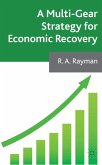The present work is divided in four chapters, in the form of self-consistent papers: (1) "Selection matters", based on genetic algorithms for the purpose of shaping optimal risk-attitudes; (2) "Eight degrees of separation", a game-theoretical model of network formation with multiplicity of equilibria characterized by the small world property; (3) "An Economic Model of Friendship: Diversity, Minorities and Integration" (with my supervisor Sergio Currarini and Matthew O. Jackson, from Stanford University), where we study a matching process of friends formation between rational agents divided ex ante in different types; (4) "Long Run Integration in Social Networks" (with the same coauthors), an asymptotic analysis of some stochastic processes of growing networks, where we define and check properties of integration at the limit. The four works may appear very heterogeneous but they are actually so more in approach that in spirit. They share in common the analysis of complex economic situations with many agents at play. A common goal in all of them is to minimize the number of exogenous variables, trying to endogenize as much as possible the underlying process.
Bitte wählen Sie Ihr Anliegen aus.
Rechnungen
Retourenschein anfordern
Bestellstatus
Storno

